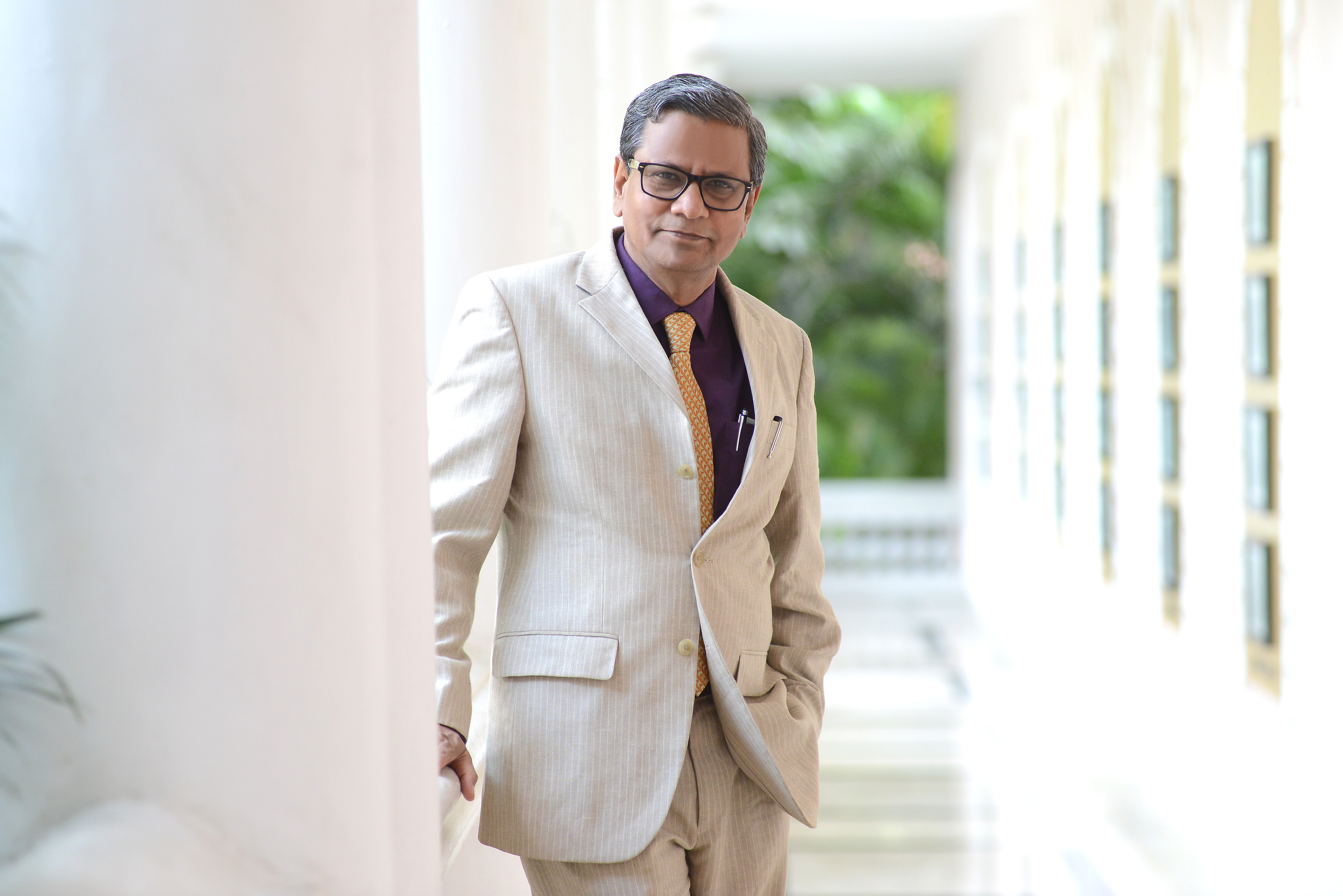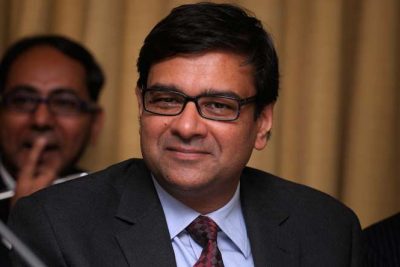In August 2013, at the 10th Nani A. Palkhivala Memorial Lecture on ‘Five Years of Leading the Reserve Bank—Looking Ahead by Looking Back’, a few days before he stepped down as the Reserve Bank of India (RBI) governor, Raghuram Rajan’s predecessor D. Subbarao dwelt on the issue of autonomy and accountability of the Indian central bank.
Reacting to the extensive media coverage on policy differences between the government and the RBI, Subbarao first quoted former German chancellor Gerard Schroeder, who had once said, “I am often frustrated by the Bundesbank. But thank God, it exists,” and then made the famous comment: “I do hope finance minister (P.) Chidambaram will one day say, ‘I am often frustrated by the Reserve Bank, so frustrated that I want to go for a walk, even if I have to walk alone. But thank God, the Reserve Bank exists’.”
He was referring to Chidambaram’s outburst in October 2012 when the RBI chose to keep its key policy rate unchanged to fight high inflation, a day after the finance minister unveiled the government’s fiscal consolidation road map.
“Growth is as much a challenge as inflation. If the government has to walk alone to face the challenge of growth, then we will walk alone,” an upset Chidambaram had said, reacting to the RBI’s second-quarter policy review.
On Saturday, delivering his last speech as RBI governor at St. Stephen’s College in New Delhi, Rajan said: “I would go a little further. The Reserve Bank cannot just exist, its ability to say ‘No!’ has to be protected.” At the same time, he also made it a point to mention that “the central bank cannot become free of all constraints; it has to work under a framework set by the government”.
Dwelling on the RBI’s independence, Rajan said, “When the responsibilities of the RBI are fuzzy, its actions can continuously be questioned. Instead, if the constitutional authorities outline a framework for the responsibilities of RBI, it can take actions consistent with those responsibilities and be held to outcomes.”
An outspoken Rajan also said, “It is dangerous to have a de facto powerful position with low de jure status,” and suggested that there may be some virtue in explicitly setting the governor’s rank commensurate with the position as “the most important technocrat in charge of economic policy in the country”.
https://www.youtube.com/watch?v=7NDoUnwYnRc
Like his previous speeches, there are sharp reactions to this speech too. I saw one tweet on Saturday afternoon which said the subject of his speech, the “independence of the central bank”, conveys the message that with his departure, the RBI will not remain independent, and “it’s too pompous”. However, when two successive governors spoke about the RBI’s autonomy and independence, both in their last speech, there could be merit in their arguments.
Not too many possibly can argue with what Rajan had said from various fora, but many questioned his sagacity in raising those issues as an RBI governor. In other words, there is nothing wrong in his stance against intolerance at the convocation of his alma mater, IIT-Delhi, in the aftermath of the lynching of a person by a mob for possession of beef or his outburst against crony capitalism at the 20th Lalit Doshi Memorial, but as the RBI governor, he has no business to raise such issues. Politicians, academicians, economists and columnists could dwell on those, but the RBI governor should stick to his domain—inflation, interest rates and macroeconomic stability.
I don’t wish to get into this debate, but it’s clear that we don’t have the culture of mature public discourse, and the concept of an argumentative Indian is a fallacy. Unfortunately, in public discourse in India, there is nothing called a neutral stance; either one is pro-government or anti-government. However, all these may not have anything to do with Rajan not getting another term as governor. After all, the appointment of the RBI governor is a political decision and since Rajan was appointed by the previous Congress regime, the current Bharatiya Janata Party-led government has every right to say goodbye to him.
How will his successor Urjit Patel be different from him? Many are projecting Patel’s reticence and reluctance to give public speeches (in contrast to Rajan) as his biggest quality that facilitated his appointment. The origin of this is possibly our reluctance to appreciate public discourse. And, in doing this, we are being unfair to Patel. Patel has been chosen as Rajan’s successor not because he will not raise apparently unrelated but relevant issues in public fora but because he demonstrated competence as deputy governor in charge of the monetary policy and he has a mind of his own. I am not going to detail his academic background and assignments that he had carried out through his career.
If Rajan was found to be aggressive in his monetary tightening to fight inflation and not a growth-friendly governor, we must remember that Patel too played a critical role in the formulation of monetary policy in the past three years and hence it may not be wise to expect that overnight the RBI stance will change. Similarly, those who have been unhappy with Rajan for importing a seemingly Western concept of inflation targeting will have to live with this as the monetary policy committee is being put in place and Patel was the key architect of the framework by virtue of leading the expert committee which suggested that inflation should be the nominal anchor for the monetary policy framework and the target for inflation should be set at 4% with a band of +/- 2% around it. The committee also charted out the glide path for inflation—from 10% then to 8% over a period of one year and 6% over the next two years before formally adopting the 4% target with a 2% band.
We have, of course, adopted a “flexible” inflation targeting and this gives Patel flexibility in his approach. It will be interesting to see how he uses this. Meanwhile, let all of us wish him a wonderful stint as India’s chief money man.
———
* This column originally appeared in Mint
About the Author:

Tamal Bandyopadhyay is one of the most respected business journalists in India. Currently, he is a Consulting Editor of Mint, writes a weekly column on Mint – Banker’s Trust, which is widely read for its deep insights into the world of finance. He is also an Adviser on Strategy for Bandhan Bank. He has authored two best sellers on finance, `A Bank for the Buck’ and `Sahara: The Untold Story’. His latest book, `Bandhan: The Making of a Bank,” a Penguin publication was released in June.



